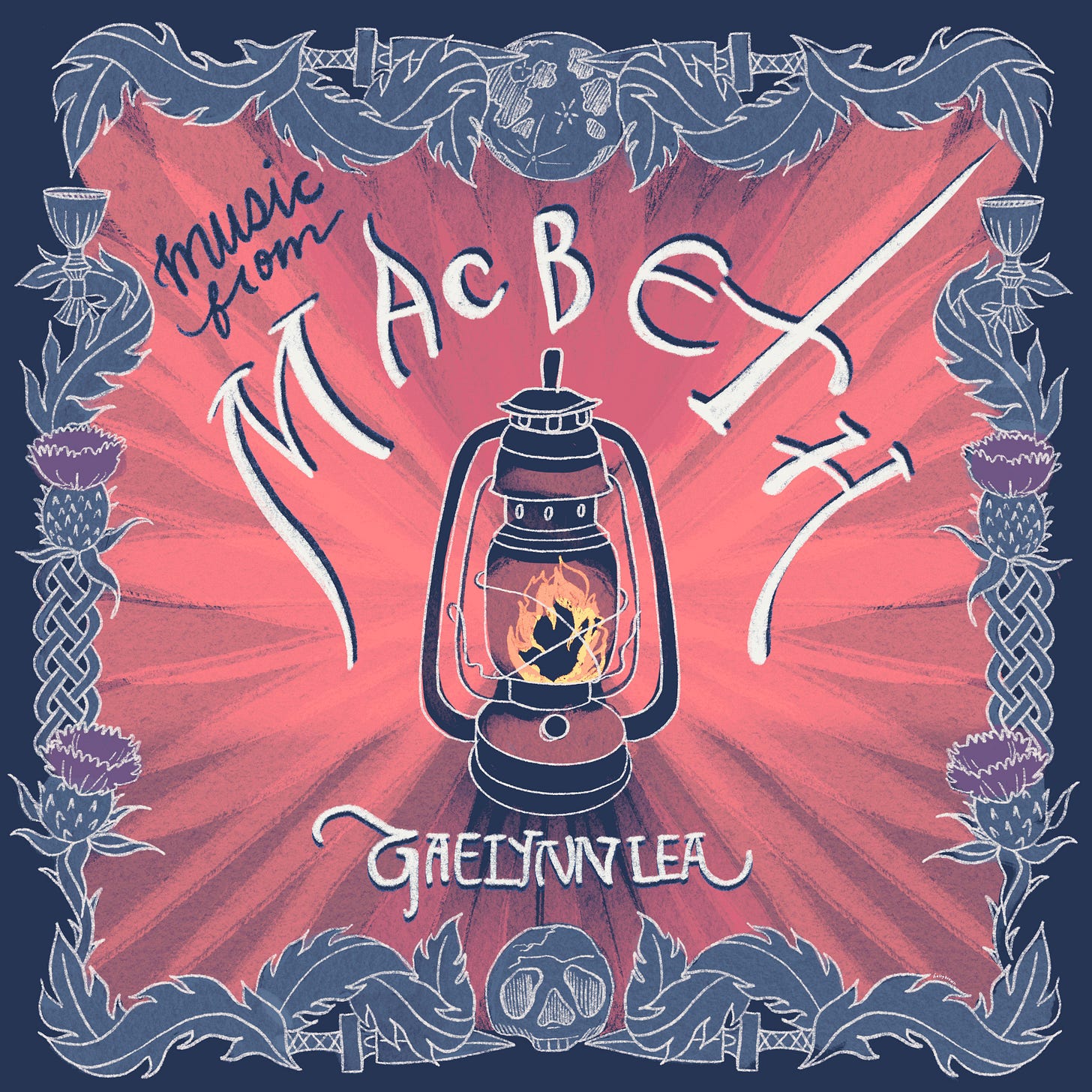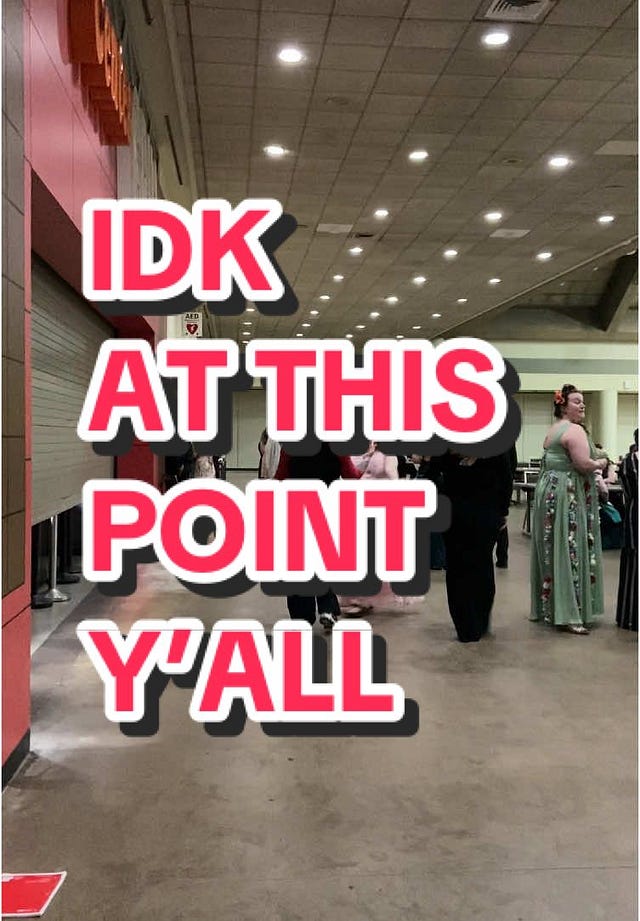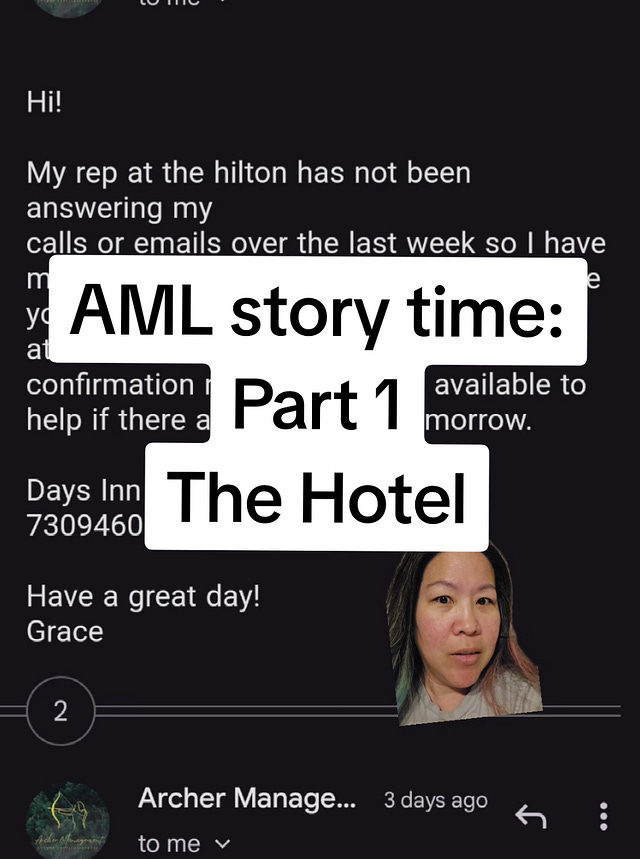writer cons
some thoughts on A Million Lives in Baltimore
I can still remember the date—July 5, 2014—because I was up early, buzzing with energy, jetlagged from a vacation to Spain. Without running the idea by my boyfriend (now husband) or any close friends, or my mom, I posted a message in a Facebook group of 30,000 writers: what if we organized a conference?
Did I have any previous conference organizing experience?
No.
I was twenty-nine years old and the author of two books. I was writing my third book and working part-time as a babysitter, and part-time at a performing arts nonprofit, where I taught musical theater classes and led birthday parties on different themes. Picture me putting on “Oronico Flow” and leading twenty toddlers in a scarf dance. In retrospect, maybe this did prepare me for conference organizing…
Anyway, in three months, my cofounder and I, along with a dedicated team of volunteers, raised $50,000 on Kickstarter and organized a writing conference for 550 attendees in New York City. We rented Cooper Union and NYU’s J-school for the conference.
Some people who spoke at that first conference still read this newsletter (hi Lisa Levy! 👋)
Over the next three years, I organized six conferences in NYC and LA, for over 2,000 writers.
Because of my successful run as a writing conference organizer, I feel uniquely qualified to weigh in on what Taylor Lorenz has dubbed “The Fyre Fest of BookTok.” From what I can tell, Lorenz was the first journalist to cover this failed book convention that happened in Baltimore on May 2nd and 3rd.
A Million Lives was marketed to self-published (AKA indie) romantasy authors as a convention where they could promote their books to readers. The authors paid for table space in an exhibitor hall; some of them paid additional fees to sponsor the convention, which included perks like having their logos displayed on convention materials, and the opportunity to put merch in the VIP swag bags.
The authors expected an audience of 500 - 1000 readers. Instead, there were eighty. The Guardian reports, “One talk had more authors on the panel (nine) than people in attendance (eight).”
If you want to watch a multi-part series on everything that went wrong, visit Perci Jay’s TikTok. She says that she planned her pregnancy (of twins) and her uncle’s funeral around the dates of A Million Lives.
Obviously A Million Lives overpromised and underdelivered, leaving its customers disappointed, angry, and following up on refunds.
Taylor Lorenz, whose internet culture reporting I’ve long followed and admired, draws a parallel between A Million Lives and the spectacular experience economy failures of internet legend—Fyre Fest, DashCon, and Scotland’s Wonka Experience—but I want to zoom in on who the audience was for A Million Lives, because I think it illuminates something about the current state of the writing industry.
To compare A Million Lives to Fyre Fest, let’s go back to 2017, when music fans spent between $500 and $1500 for a luxurious glamping experience on a private island in the Bahamas, where over 30 musical acts were scheduled to play. When they arrived, they were offered disaster relief tents and sad cheese sandwiches. All the bands had pulled out of performing. The event organizer Billy McFarland was sentenced to six years in prison, after defrauding investors of $27 million. (The organizer of A Million Lives seems incompetent to me, but not a criminal!)
The audience for Fyre Fest was millennial music fans. The internet mocked them, but the ridicule turned to sympathy once the full extent of the scam was revealed.
A Million Lives was not promoted to fans of romantasy—or if it was, those fans didn’t see the value in attending. In her multi-part video series, Perci Jay says that she noticed a red flag: she didn’t see any digital advertising or marketing of the convention, in the months leading up to the weekend.
The audience for A Million Lives was authors—the convention organizer personally emailed authors and invited them to buy table space. The authors felt special. Chosen. They viewed the weekend as a career opportunity. The professional nature of this convention makes it different from Fyre Fest or the Wonka Experience.
It was easier to sell $150 table fees and $250 sponsorship packages to authors than to sell $50 tickets to readers.
This is not to say that the convention organizer did not want more readers at the event—I’m sure that she did! I’m sure she wanted 1500 people to attend and buy books. That would have been a win for everyone.
But there is more money to be made selling services and experiences to writers than selling experiences to readers. As Kathleen Schmidt wrote recently, many book festivals are free to the public (e.g., Brooklyn Book Fest, Texas Book Festival, the Miami Book Fair), and expensive reader experiences (like Jenna Bush’s festival) are rare enough to be notable.
AWP drew 10,000 writers to Los Angeles this year because it makes zero promises about helping writers find readers. It only promises to connect writers to other writers. My own conference was also marketed to writers, not readers.
And yet if I had to identify the single biggest issue facing writers who want to make careers publishing books, year after year, it’s figuring out how to cultivate an engaged audience of readers.
Ironically, what is great for audience engagement is storytime content about being the victim of a scam.
Upcoming Events
This Thursday, I’m speaking to Madeline McIntosh, former CEO of Penguin Random House US, about her one-year-old independent publishing venture Authors Equity, which works on a joint venture/profit share model with authors. I’ll interview Madeline for thirty minutes and then open it up to your questions!
Congratulations
My subscriber Kirthana Ramisetti emailed me this great success story: “I wanted to quickly share my biggest publicity win to date, because it's a big deal to me and I don't think it would have happened if I had not read newsletters like yours. My new novel was named one of the best books of April by People magazine, and this happened because I made it a point of pitching the books editor myself.”
My client Gaelynn Lea has released her first full-length album in five years, which is based on the original music she wrote for Macbeth on Broadway starring Daniel Craig and Ruth Negga in 2022. Click here to listen on Bandcamp.











That is so cool about your friend Kirthana and People Magazine.
I know so many authors who resist directly pitching their books to media platforms because they think only "publicist pitches" get taken seriously. This example AND all the experiences you related in your newsletters clearly prove this isnt true.
Also: this helps me understand how posts by authors who show up to their book event and find 30 empty seats and zero attendees often go viral and result in a huge bump in sales by sympathetic viewers